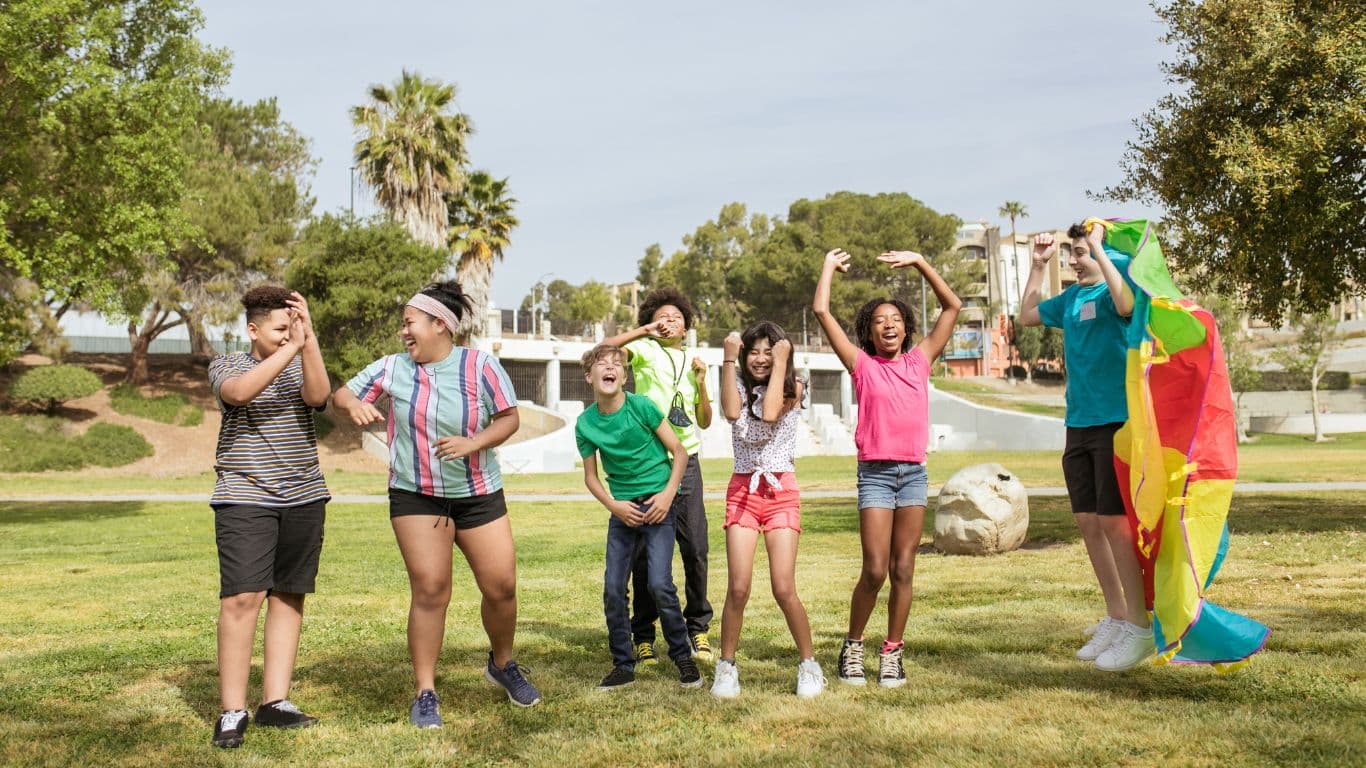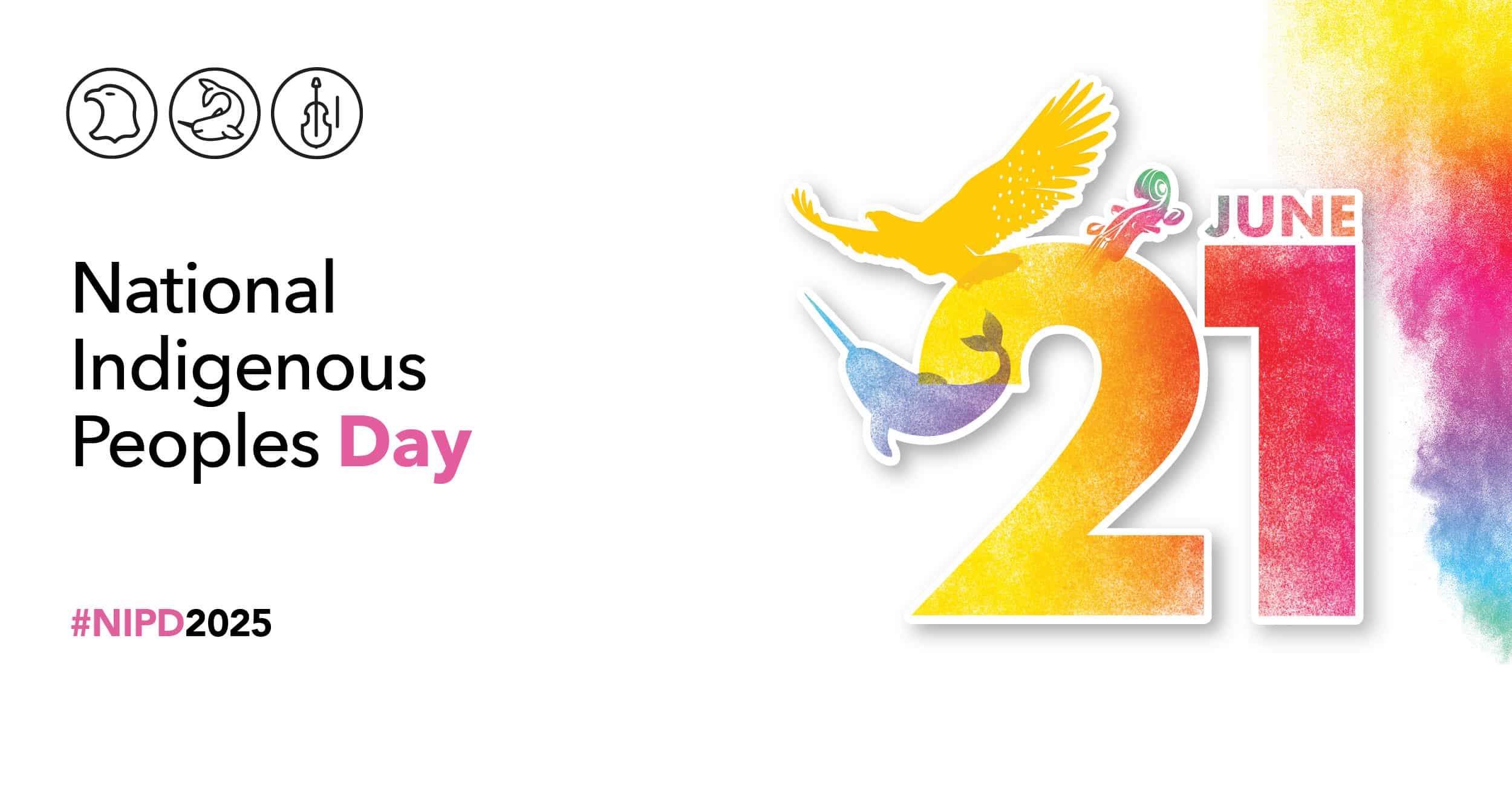Cathy Gilbert has been through the MCFD proposal process dozens of times (she’s adopted 11 children). Here, she shares what she’s learned.
Accepting a proposal is one of the biggest decisions you’ll ever make—it needs to an informed one.
Once parents, or a social worker have seen a potential child and parent match, information is given to the prospective parents in order for them to decide whether to move ahead. At this stage, basic, non-identifying information is given which may include:
- The child’s age and ethnicity
- The child’s interests, activities, and (depending on their age) their preference for an adoptive family.
- The child’s special needs or projected needs
- Openness requirements
- If other families are being considered
- If there are legal or other risks to the placement
Applicants are then given time to think about whether they want to proceed to the proposal stage. If they say yes, and the family is selected for the child, a proposal package is made. The prospective family will then become the only family considered for the child. The proposal package includes a large amount of information, such as:
- Medical information
- Cultural requirements
- School reports, Individual Education Plans
- Speech and language, occupational therapy, physiotherapy, psychological, psychiatric assessments
- Infant Child Development or Supported Child Development reports
- Notes and reports from foster caregivers and family members
- Timeline of the child’s life to date
- Assessments (e.g., Child and Youth Mental Health, Children’s or Sunny Hill Hospital)
- Information on the child’s diagnoses and special needs, or projected needs
Some proposal packages may contain photographs and or videos; other social workers prefer for parents to make a decision based on rational thought, rather than on how cute the child is. In our case, photos were usually included and they were eagerly viewed. However, we never based our decision on them. A proposal does not mean commitment to go ahead from either side.
Parents are directed to take part of the proposal package to their doctor—our GP doesn’t have the time to read these kinds of files. This is not to suggest you shouldn’t meet with your medical practitioner—it’s just that there are other information sources that might also be useful. The best resources we used were other adoptive parents and a support group for parents with children with needs similar to those that had been proposed to us.
Many parents want to know what it will look like when the child joins their family. An adoption social worker can help with this, as can talking to the proposed child’s foster family, or a resource person you may locate through the Belonging Network. Ask all the questions you can think of. Depending on timing and geography, and the age of the child, you may be able to visit the child’s school or talk to the teacher on the telephone before making your decision. This may also be the case with the foster parents. Ask questions about all the things that concern you. If there is a comment about a behaviour the child has displayed that worries you, dig deeper. Did that behaviour only happen once? Was it in reaction to some serious event in the child’s life? Was it three years ago, or is it a daily event?
You are making one of the biggest decisions your family will ever face, which has huge ramifications for you and the proposed child. Read the proposal package, and then read it again. It’s important that you understand everything so that, wherever possible, there are no surprises (because there will be surprises later anyway).
Your child will be the same as and entirely different to the one you have read about. Be prepared for more joy and more pain than you can imagine, and you’ll probably be fine. Use the proposal process as your time to get ready for what your child will bring to your family. If you, and the social workers involved, decide this is the best plan for the child (and it’s about the child, not you), then you will likely move ahead and, within six months or so, be the larger family you dreamed of being. Good luck!






